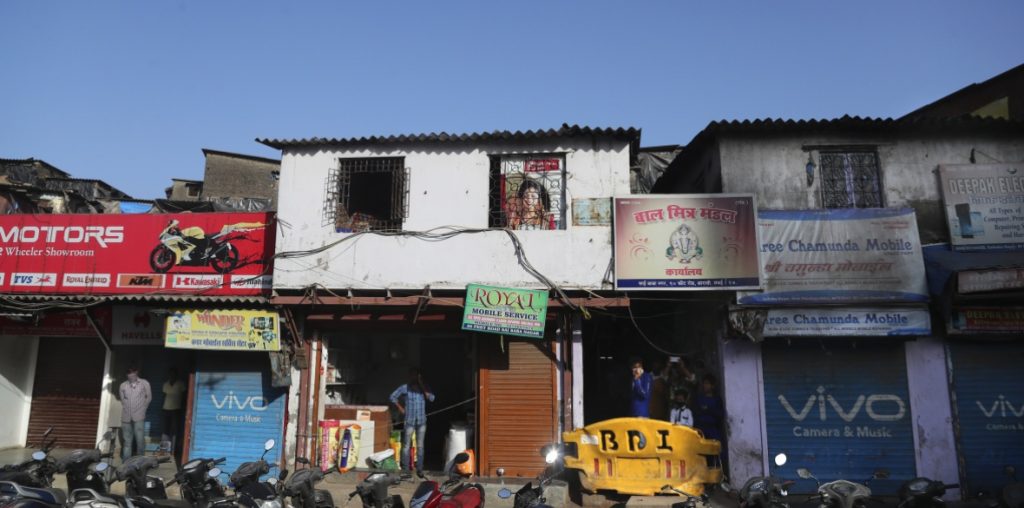
The worst effects of the Covid-19 pandemic have so far been limited to developed or relatively developed nations. But as the spread of the disease continues at breakneck speed, questions have begun to emerge about the capacity of healthcare systems to cope with the outbreaks. The numbers are staggering and medical equipment to deal with the respiratory effects caused by the virus are in short supply even in the most advanced countries.
Leaders in developed nations are being criticised for a lacklustre approach towards the acquisition of medical supplies. Boris Johnson, for example, has been derided for his refusal to accept offers from suppliers to provide ventilators early on in the crisis, while Britain’s inability to meet a modest target of 20,000 Covid-19 tests per day has also been disparaged.
Yet with such a desperate situation arising even in the supposed powerhouse economies of the world, worries are now turning to potential dearth of medical supplies is likely to be far more acute in poverty-stricken countries, where lack of resources on a national or regional level may hinder the response.
More than 200 people have died from the virus in Africa thus far, a number which will only increase exponentially, with densely populated countries throughout the continent such as Egypt, Nigeria and South Africa starting to see alarming rates of infection. Concerns have also been raised regarding the ways in which the virus may assail populations with high rates of HIV infection, such as Lesotho or Namibia.
This developing situation makes the prospect of the pandemic spreading throughout the southern hemisphere all the more worrying. As UN General Secretary stated this week, ‘we are only as strong as the weakest health system in our interconnected world’, adding that ‘we must massively increase the resources available to the developing world’.
It should therefore come as a relief that the World Bank issues a set of ‘pandemic bonds’ which aim to release money to poorer nations. These bonds work on the basis that once a pandemic has been officially declared by the World Health Organisation, nations can claim from the pot provided, while the investments made by financiers are lost.
There is one significant catch, however. The covenants behind these bonds state that 84 days must elapse from the official declaration of a pandemic. A further two weeks must then pass until an independent agency can make a decision. Aside from being a completely arbitrary threshold, such time wasting represents a clear impediment to the control of an outbreak. The very nature of pandemics means that rapid intervention is a key factor in mitigating the effects of a virus, and funding schemes reliant on time passing may only exacerbate the indecision that can paralyse governments in times of crisis.
As Olga Jonas from the Harvard Global Health Institute recently stated, ‘these triggers are too late to stop an outbreak early’, while also labelling the bonds ‘a gimmick’.
It is a sign not only of the opportunistic nature but the outright callousness of such instruments that there must be a minimum number of deaths directly attributable to the pandemic before the funds may be released to.
Pandemic bonds are issued under A and B categories, according to their risk. The greater the risk the greater the potential profit, and so tranche B holders gain over 11% annually on their investments and are more likely to lose their entire money, given that the qualifying criteria is a ‘mere’ 250 deaths. Tranche A holders, who gain more modest returns of 6% will stand to lose their investment if 2,500 deaths are reached. There are also triggers related to the contagion rates across borders, as well as criteria related on just how poor a country must be in order to claim.
Investors hoping that the World Bank does not pay out must rely on the modelling agency Air Worldwide to determine whether the conditions have been met. And while it appears to be inevitable that the bonds will pay out for the coronavirus (an official decision will be made by the agency on 9 April), the total that the poorest and worst afflicted nations receive stands to be derisory. As more countries succumb to the virus the less that will be provided to each, since countries fight for an allocation of funds from a diminishing pie.
Past research into these bonds has shown that the amount recouped by international investors has been almost double that paid to nations struggling with pandemic. An investigation published in the BMJ showed that up to US$61 million was made available to eligible countries during the Ebola crisis, among them the heavily afflicted DRC. During that same period more than US$110 million was paid out in the form of coupons to investors.
Meanwhile the International Finance Corporation (IFC) and the World Bank have pledged to divert money to the fight against coronavirus, negating the very need for such financial mechanisms. The real purpose of pandemic bonds is thinly disguised as a money-spinning enterprise for international capital.
As is the case in most financial schemes, some of the biggest winners (and losers) from the pandemic bonds are pension funds. Europe-based pension funds managers made up the largest investors in the risky Tranche B bonds upon the creation of the scheme in 2017. These should be urged to divest from such parasitic schemes which gamble the public’s money at the expense of the third world.
Beyond baulking at the idea of a parasitic investor group potentially disputing the criteria by which the World Bank may officially sanction the use of funds for a pandemic, we may question the wider benefit of a warped financial system which throws countries breadcrumbs to tackle crises not of their own making, while simultaneously enforcing debt repayments with extortionate interest.
International solidarity and aid in the form of equipment or doctors, such as that shown by China and Cuba, may prove more useful than any financial stunts that benefit solely international investors and which take little heed of the realities of the afflicted countries. While there is no denying the need for heavy financing to meet the healthcare and economic demands of this pandemic, what Covid-19 has taught us is that provision of equipment, medicines and human help are invaluable in the fight to curb the spread.
Julian Jones
This article originally appeared in the Morning Star



